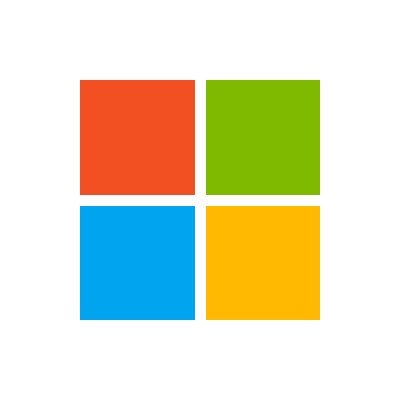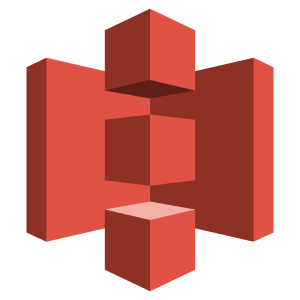Compare - Onehouse VS Databricks
Here’s the difference between Onehouse and Databricks. The comparison is based on pricing, deployment, business model, and other important factors.
About Onehouse
Onehouse delivers a new bedrock for your data, through a cloud-native managed lakehouse service built on Apache Hudi, which was created by the founding team while they were at Uber. Onehouse makes it possible to blend the ease of use of a warehouse with the scale of a data lake, by offering a seamless experience for engineers to get their data lakes up and running.
About Databricks
Databricks provides a data lakehouse that unifies your data warehousing and AI use cases on a single platform. With Databricks, you can implement a common approach to data governance across all data types and assets, and execute all of your workloads across data engineering, data warehousing, data streaming, data science, and machine learning on a single copy of the data. Built on open source and open standards, with hundreds of active partnerships, Databricks easily integrates with your modern data stack. Additionally, Databricks uses an open standards approach to data sharing to eliminate ecosystem restrictions. Finally, Databricks provides a consistent data platform across clouds to reduce the friction of multicloud environments. Today, Databricks has over 7000 customers, including Amgen, Walmart, Disney, HSBC, Shell, Grab, and Instacart.
Comparison Table
| Overview | ||
|---|---|---|
| Categories | Data Lakes | Data Warehouses, Data Lakes |
| Stage | Early Stage | Late Stage |
| Target Segment | SMBs, Mid-size, Enterprise | Enterprise, Mid size |
| Deployment | Open source | SaaS |
| Business Model | Commercial | Commercial |
| Pricing | Conatct Sales | Freemium, Contact Sales |
| Location | Menlo Park, California | San Francisco, US |
| Companies using it | ||
| Contact info |
Add to compare

